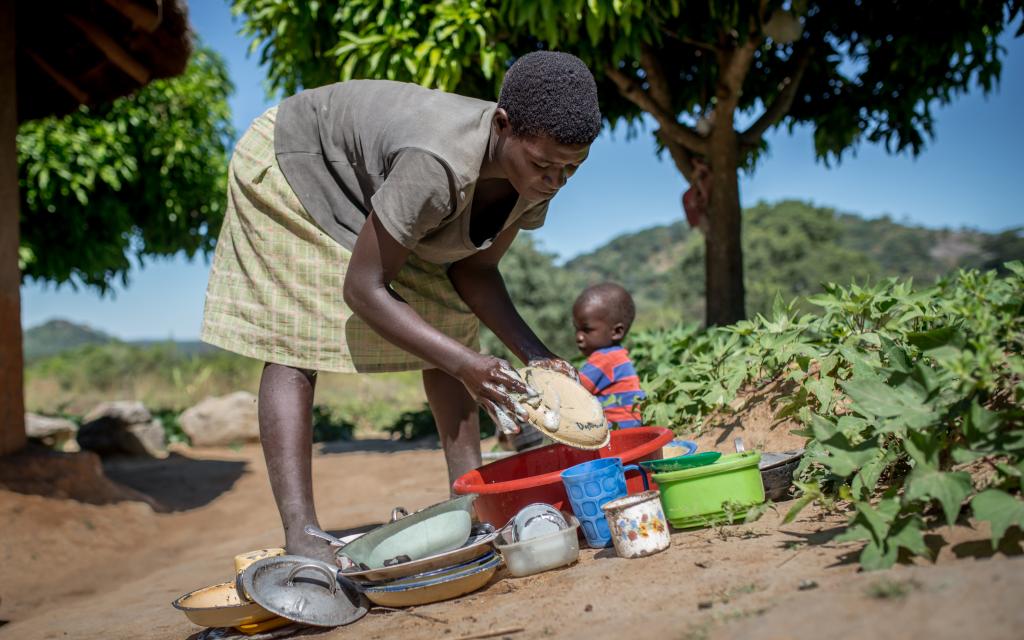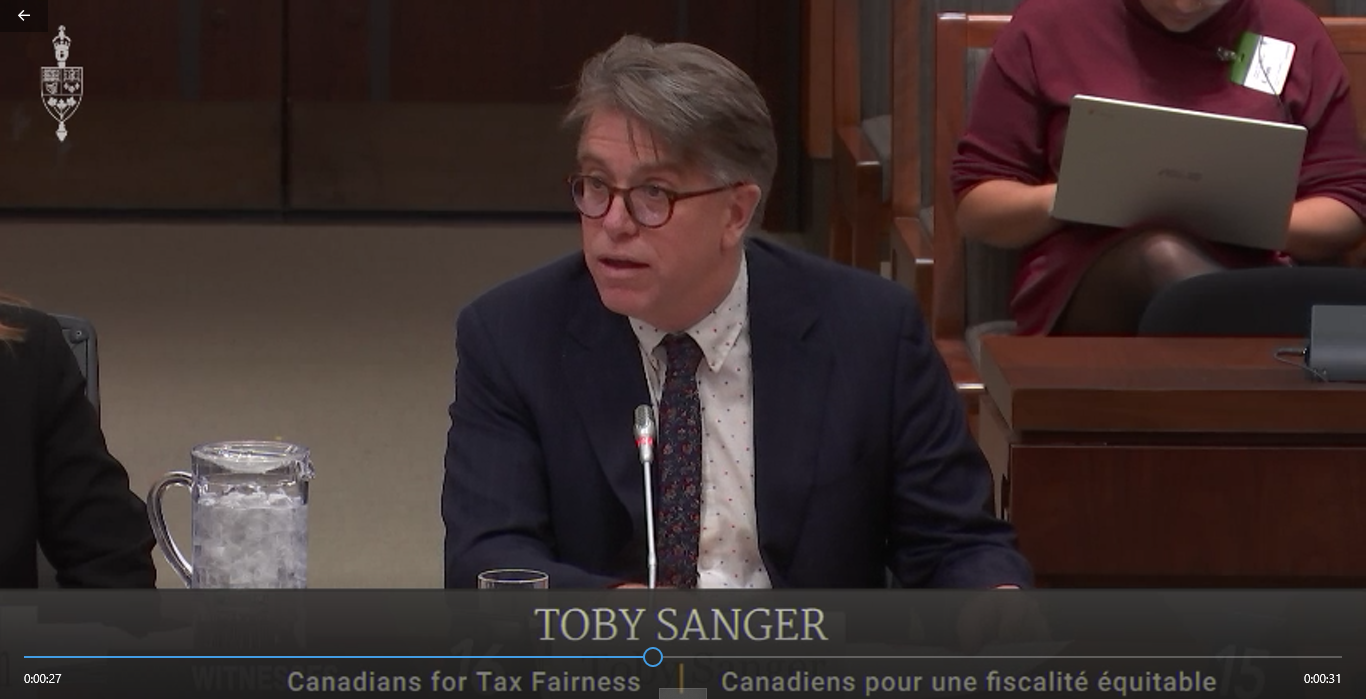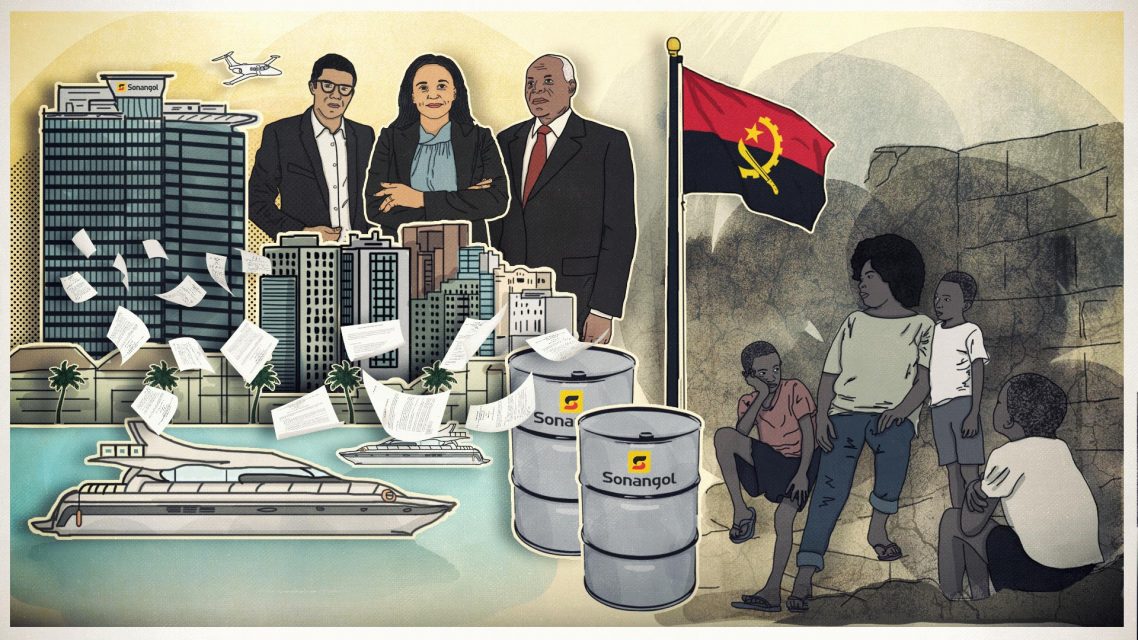10 February 2020

Here is this month's tax fairness news (sign up to receive our monthly newsletter)
The Fair Tax News, 10 February 2020
By Erika Beauchesne
Illicit activity remains under Canada’s radar without public registry of company owners
Canada recently dropped four points in Transparency International’s annual Corruption Perceptions Ranking, landing behind peers like Germany and Norway.
The report offers a couple explanations for the downgrade – Canada’s ongoing snow-washing problem and the infamous SNC Lavalin scandal last year.
C4TF and advocates have long argued for greater transparency of beneficial owners –the true owners of companies— to deter corruption and tax evasion that takes place behind shell entities.
While B.C. has taken steps to fight money laundering, a recent Global News investigation revealed criminals are responding by moving to Ontario. The province should already be on guard as the RCMP is shutting down its financial crimes unit there, the Toronto Star recently learned.
Clearly, Canada needs a coordinated approach to tackle money laundering across jurisdictions, which the federal government committed to exploring last year. As C4TF’s former campaign manager Sasha Caldera recently told Business in Vancouver, a pan-Canadian public registry of beneficial owners would be “a game-changer” for authorities, law enforcement, journalists and whistleblowers to end snow-washing.

A group of young Canadians with class privilege want their wealth and inheritance taxed to fund important public services. Photo: Resource Movement
Tax our wealth, rich Canadians tell government
Hundreds of young people from the top 10% are calling on the federal government to tax their wealth and reduce inequality.
Resource Movement is an organization of young people who want to use their class privilege to improve equality across the globe. In a campaign launched today, they ask the government to tax their wealth to help pay for investments such as affordable housing or a Green New Deal.
Canadians for Tax Fairness supports RM's call to action and encourages our supporters to sign their petition and share it with others.

The 22 richest men in the world own more wealth than all the women in Africa, according to an Oxfam report released during the World Economic Forum in Davos. Photo: Aurelie Marrier D'Unienville/Oxfam
Advocates point to escalating inequality, tax avoidance during WEF
At last year’s World Economic Forum, Dutch historian Rutger Bregman shamed a room of CEOs and world leaders for not addressing tax avoidance. While Bregman wasn’t invited back this year, that didn’t stop others from drawing attention to tax justice as the global elite met in Davos.
The Journal de Montréal ran an interesting interview with a former Swiss private banker and whistleblower who told the paper how the annual gathering is a breeding ground for tax avoidance as lawyers and bankers seek out new clientele in need of aggressive tax planning.
TVO aired a debate on whether billionaires should be taxed out of existence featuring outstanding arguments on the ‘yes’ side by tax fairness advocates and experts Linda McQuaig and Armine Yalnizyan.
Oxfam released a report showing the world’s 2,153 billionaires now have more wealth than 60% of the global population. The authors estimate making the richest 1% pay just 0.5% extra tax on their wealth over the next decade would be enough to create 117 million jobs in sectors such as elderly and childcare, education and health.
The UN also released a report that found inequality has reached a record high, pointing to aggravating factors such as top income tax rates that have fallen in all countries.
The Patriotic Millionaires, a group of wealthy Americans seeking higher taxes on the rich, wrote to leaders in Davos urging for progressive international tax reform as part of the solution to gross inequality and unrest.
Canadians for Tax Fairness director Toby Sanger spoke with several regional CBC radio stations about the need for more progressive tax policy in light of the worsening wealth gap. You can listen to one of his interviews here at the 2:11:58 mark.

An expert panel has recommended several measures to create a fairer digital economy, including taxing digital giants like Netflix. Photo: Andrés Rodríguez, Pixabay
Act ‘immediately’ to level digital playing field: expert panel
A tax on online giants like Netflix would help restore fairness to Canada’s telecommunications and broadcast sectors, according to a new report by a government-appointed expert panel.
The rise of digital advertising has had detrimental effects on Canadian creators and media, the report says, adding that one area where government “can act immediately” is requiring foreign online companies to collect and remit sales tax, as Canadian companies must do.
As we outlined in a recent post, there are many more steps the government can take to level the playing field. C4TF has advocated to remove the business deductibility for advertising with foreign online companies and require them to pay taxes on their revenues and profits in Canada.
The panel’s report lands amid recent media investigations revealing some of the ways tech titans are able to avoid paying taxes.
ProPublica ran two fascinating features exposing the tactics used by Microsoft and by Facebook, including challenging a resource-strained IRS.
The advocacy group Tax Watch UK also recently published a report on how Netflix lowered its taxes by apparently moving profits from the hub company to a tax haven using intra-company transactions.
While the Liberals have yet to outline all the details of their digital tax plans, an excellent op-ed in the Guardian looks at the benefits and drawbacks to the proposals being considered by the OECD to fix the global corporate tax system, pointing out that leaders don’t need to wait for a consensus to tax online multinationals.

C4TF director Toby Sanger presented to the Standing Committee on Finance earlier this month to make pre-budget recommendations to government including ending fossil fuel subsidies and closing tax loopholes.
Canadians for Tax Fairness makes pre-budget push to close tax loopholes
With weeks to go before Budget 2020, Canadians for Tax Fairness is amplifying earlier calls on the federal government to finally close tax loopholes. Last week, C4TF director Toby Sanger appeared before the Standing Committee on Finance (video starts at 19:20:30) for pre-budget consultations to emphasize some of the progressive tax measures that could raise billions in revenues.
With your help last month, we also sent a letter with hundreds of signatures asking Finance Minister Bill Morneau to eliminate tax loopholes and fossil fuel subsidies.
Others, including both progressive and professional organizations, have recently highlighted the need to tighten tax loopholes. The Broadbent Institute published an update to its Filthy Five Tax Loopholes Report and CPA Canada penned an op-ed in the Hill Times encouraging Parliament to review ineffective tax expenditures. An op-ed in the Toronto Star called on the government to fix the Tax Free Savings Accounts loophole, pointing out mostly rich individuals benefit from the costly program.
In our recent op-ed for Canadian Dimension, C4TF argued closing tax loopholes should be a key priority this Parliament, but there are many other important tax measures Canada can take to reduce inequality. Director Toby Sanger sat down with the magazine for an extended video interview on how we can make the tax system fairer.

An image from the ICIJ, whose latest investigation details how Africa’s richest woman built a fortune at the expense of the Angolan people.
Luanda Leaks reveal role Western tax planners play in promoting tax avoidance:
The global investigative team that uncovered the Panama Papers and Paradise Papers has broken another major story of corruption and tax avoidance.
The International Consortium of Investigative Journalists’ latest work is the Luanda Leaks. It tells the story of how Africa’s richest woman, Isabel dos Santos, used shell companies and tax havens to build a fortune, resulting in hundreds of millions in lost revenues from one of the poorest nations in the world.
The ICIJ also documents how Western accounting firms, lawyers and officials played a role in the complex web of tax dodging that spanned continents.
The latest leaks should motivate governments, including Canada, to strengthen transparency laws and penalties for the companies that enable tax avoidance.